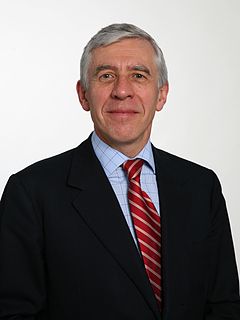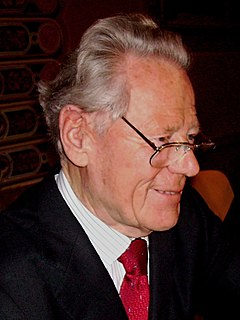A Quote by Jack Straw
While the Taliban connives with foreign terrorists, the Afghan people suffer from poverty, drought and hunger.
Related Quotes
But we have achieved at least two important things. Afghanistan is no longer a safe haven for international terrorists. We have a strong Afghan army, which is fighting the terrorists and Taliban. And the second thing is that they are able to do that without us being there to conduct the combat operations.
Hunger, disease and poverty can lead to global instability and leave a vacuum for extremism to fill. So instead of just managing poverty, we must offer nations and people a pathway out of poverty. And as president I've made development a pillar of our foreign policy, alongside diplomacy and defense.
The Taliban's acts of cultural vandalism - the most infamous being the destruction of the giant Bamiyan Buddhas - had a devastating effect on Afghan culture and the artistic scene. The Taliban burned countless films, VCRs, music tapes, books, and paintings. They jailed filmmakers, musicians, painters, and sculptors.
What I did not know yet about hunger, but would find out over the next twenty-one years, was that brilliant theorists of economics do not find it worthwhile to spend time discussing issues of poverty and hunger. They believe that these will be resolved when general economic prosperity increases. These economists spend all their talents detailing the process of development and prosperity, but rarely reflect on the origin and development of poverty and hunger. A a result, poverty continues.
Women represent 70 percent of the 1.3 billion people in our world who live in absolute poverty. Consequently, as Joan Holmes, president of the Hunger Project, points out, any realistic efforts to change patterns of chronic hunger and poverty require changing traditions of discrimination against women.
The draconian prohibitions of the Taliban years and the gains Afghan women have achieved since the Taliban government was overthrown in 2001 are now well known and often cited: Today, Afghans lucky enough to live in secure regions can go to school, women may work in offices, and the burqa is no longer mandatory.
I believed Afghanistan was always going to be hard. It's the fifth poorest country in the world. And when you fly over it, you realize that there's not much there. And, of course, it has the problem, too, of being on that border with Pakistan in basically an ungoverned region that has given the terrorists a staging ground. So it's a very difficult place. But I do believe that the mission there can succeed if success is defined as helping the Afghans to prevent the Taliban from being an existential threat to the Afghan government.
































